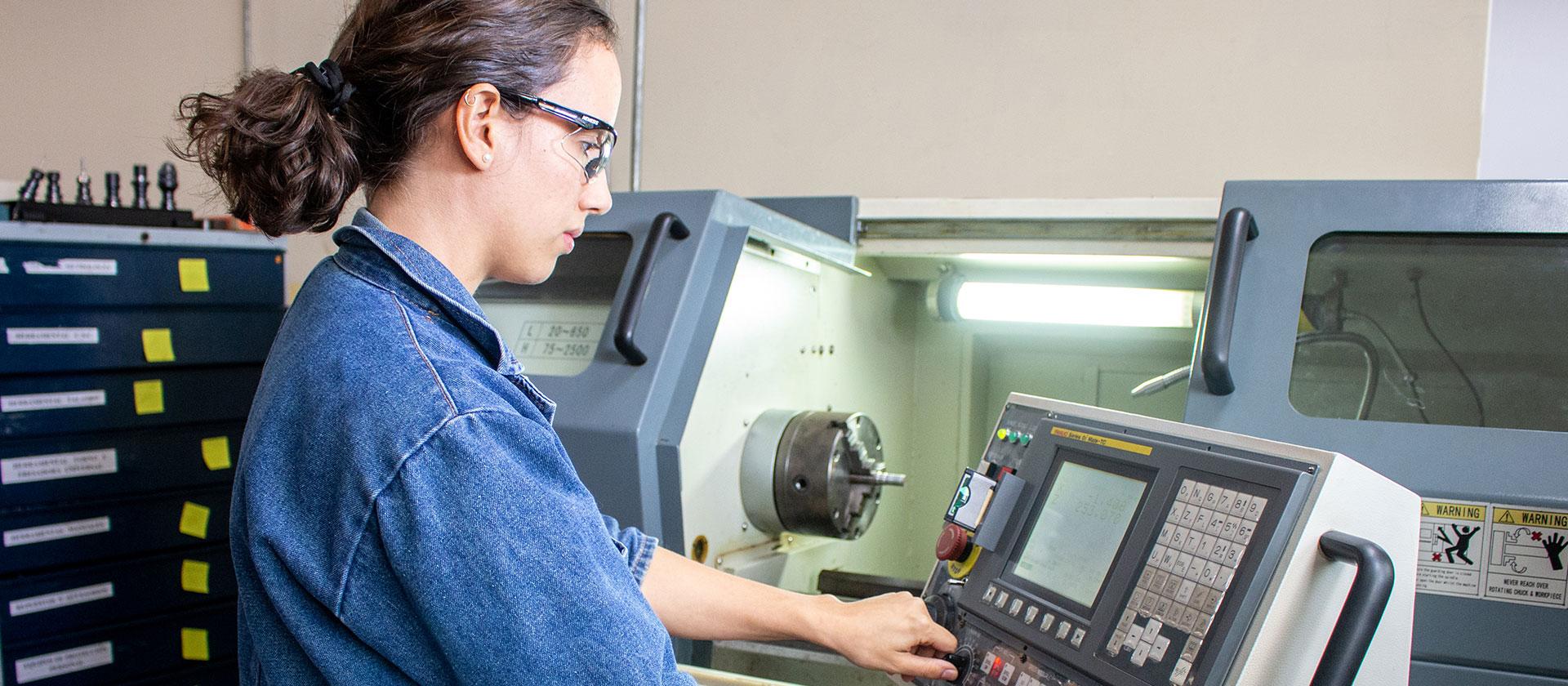Centers and Laboratories
CENTERS
Research Centers linked to the Faculty
CIDNA:
Nanoscale Research Center: Focuses on material characterization, processing, and enhancement for engineering, aiming at practical applications, improving human life, and environmental protection.
Lines of investigation:
- crystal engineering.
- DFT simulation of electronic properties of materials, surfaces and interfaces.
- Functional construction materials: nanoparticles and hydrophobicity.
- Novel building materials with ductility for structural applications.
- Chitosan-based composite materials.
- Nanostructured materials based on recycled polymers.
- Nanostructured biopolymers.
Director: Dr. Victor Guarochico
Email: vhuguaro@espol.edu.ec
Twitter: @CIDNAespol
http://cidna.espol.edu.ec/nosotros
WAX:
It develops research, transfer and technological innovation in the areas of renewable energy, energy efficiency and sustainability.
Lines of investigation:
- Renewable and alternative energies.
- Energy efficiency.
- Energy, society and environment.
Director: Guillermo Soriano, Ph.D.
Email: gsorian@espol.edu.ec
Twitter: @CeraEspol
http://i-research.espol.edu.ec/centro/CERA
CDTS:
Promotes the development of sustainable technologies combining technical, environmental and socioeconomic perspectives that include their effective transfer and application to the community.
Lines of investigation:
- Bioenergy and biofuel technology.
- Sustainable drying technology.
- Modeling of local energy resources.
- Hybrid distributed power systems.
- Convectional and alternative thermal systems.
- Ecovillages.
- Rural and urban agro-productive technological systems.
- ESD Training of Trainers
Director: Dr. Emerita Delgado Plaza
Email: eadelgad@espol.edu.ec
LABORATORIES
FIMCP has laboratories with a high potential to contribute to student learning, they can also promote the development of projects of various kinds due to their multiple functions.
Laboratory of Advanced Mechanization and Prototypes (CAMPRO).
In the Machining Processes course, equipment like CNC and manual machines, wire EDM, 3D printing, and CAD, CAM, and CAE software are utilized to promote comprehensive learning.
Professor: Jorge Amaya, Ph. D.
Place: 12J L003
Plastics Processing Laboratory.
Essential techniques in plastics are carried out: injection, extrusion, pelletization. Brabender and DSC are used to assess process and stability. Its tools measure properties in plastic parts and films.
Professor: Andrés Rigail, Ph. D.
Place: 10B L001
Material Synthesis Laboratory.
The Material Synthesis lab creates nanomaterials and nanocomposites using solvent and solvent-free techniques. Equipment includes Flacteck Mixer 400, centrifuge, PM 100 Retsch, fume hood, muffle furnace, ovens, and other lab tools.
Professor : Elizabeth Aigaje
Place: 12E L201
Bioplastics Laboratory:
The aim is to study bio-based and/or biodegradable polymers for potential use in food packaging. The lab aims to be an innovation hub addressing challenges in the food packaging industry.
Professor: Rómulo Salazar, Ph. D.
Place:
Food Research Laboratory.
The Food Research Laboratory is equipped for experimenting and analyzing physicochemical and biological properties of foods and components, including storage stability.
Professor: Rómulo Salazar, Ph. D.
Place: 12G L102
Laboratory of Engineering in Sustainability and Circular Economy.
The Sustainability and Circular Economy Engineering Lab is an academic leader in generating scientific knowledge for the transition to sustainability and circular economy. Focused on energy, materials, construction, innovation, and thermo-fluid systems.
Professor: Ángel Ramírez, Ph. D.
Place: 12K O002

